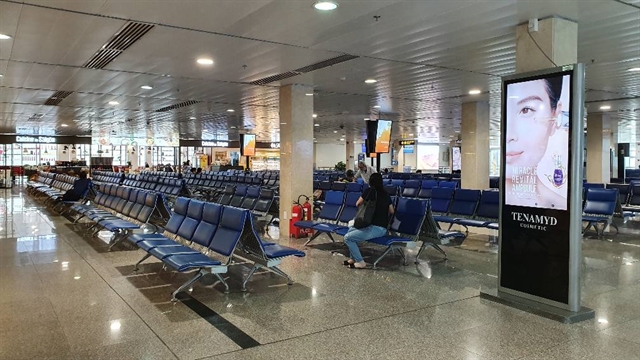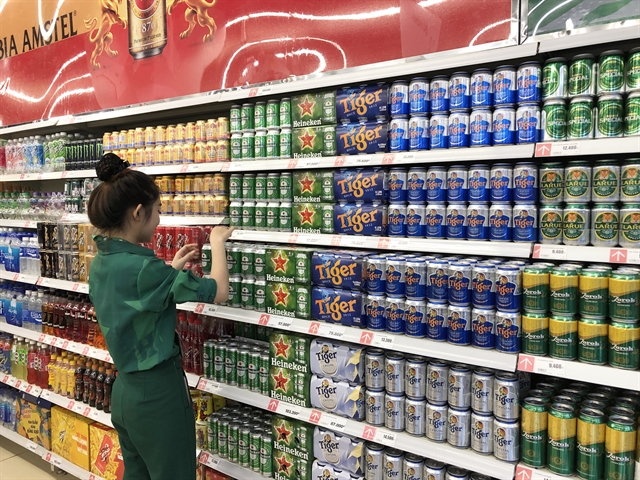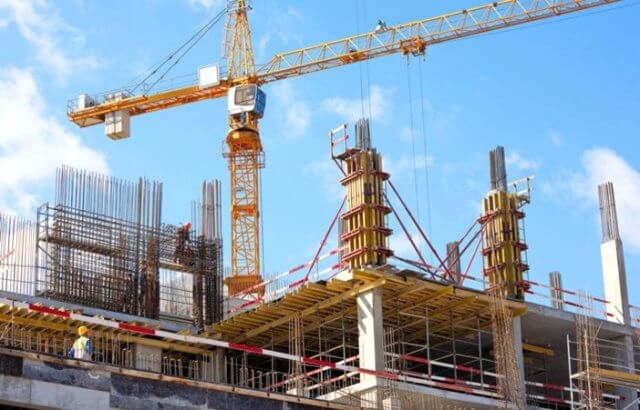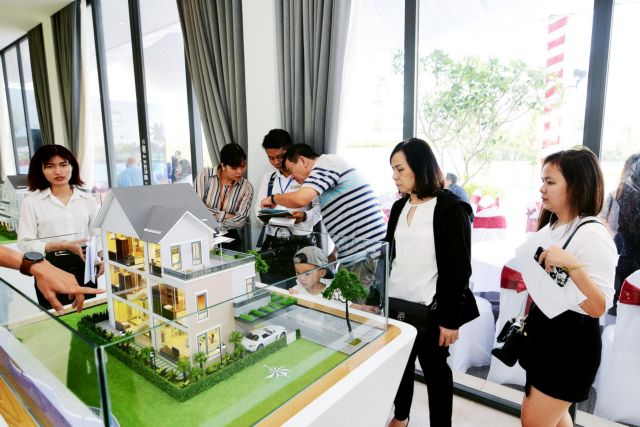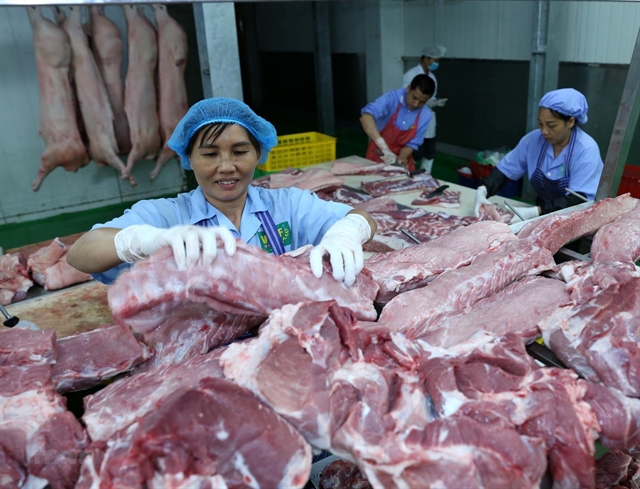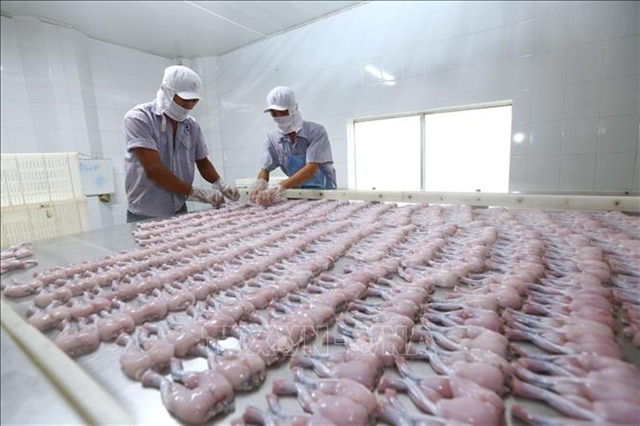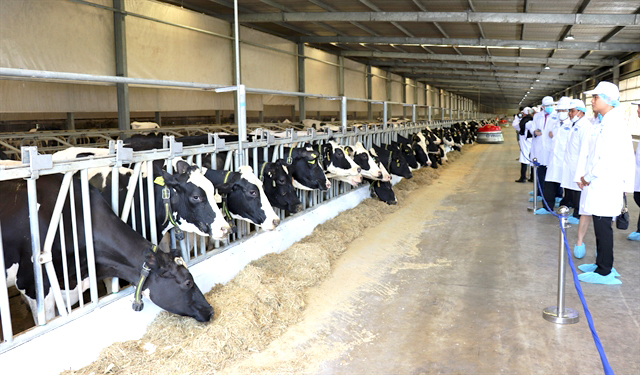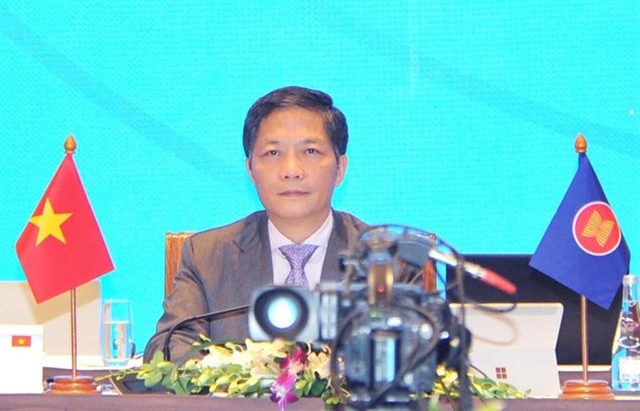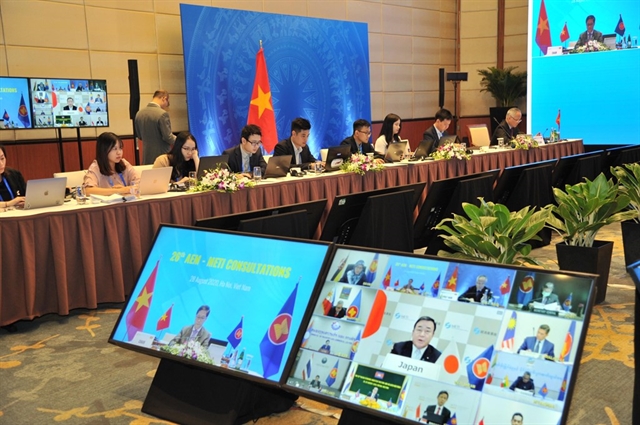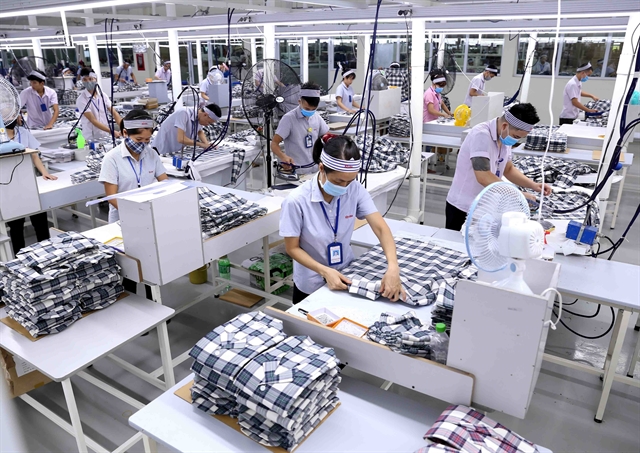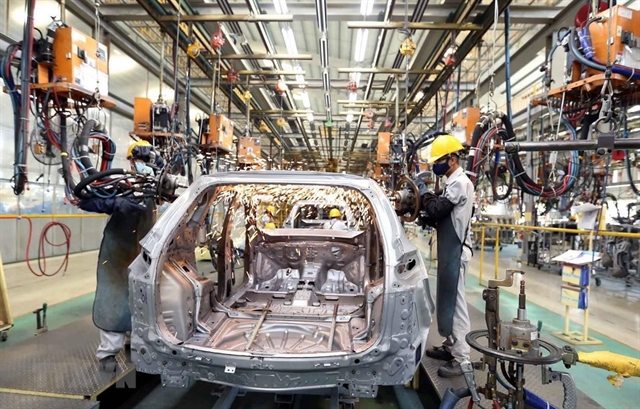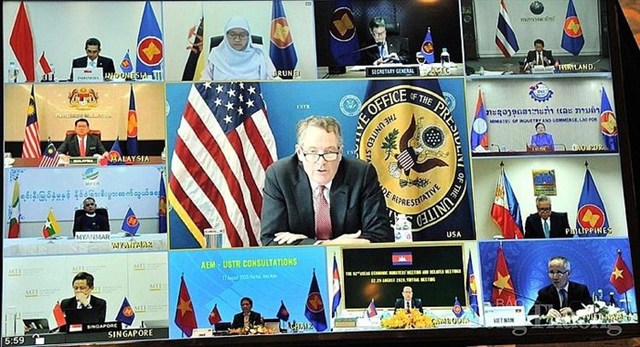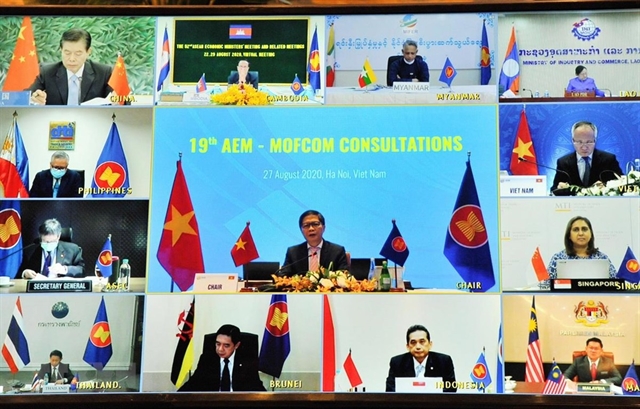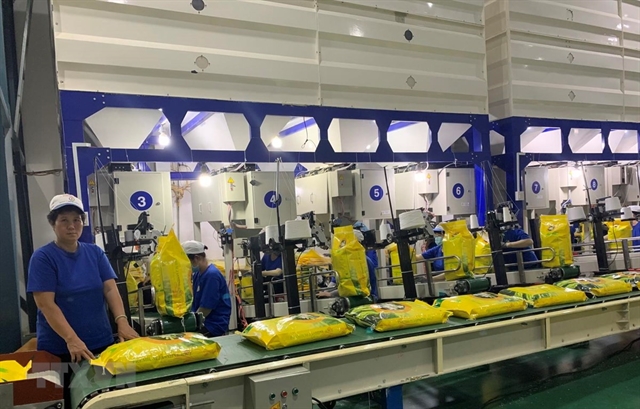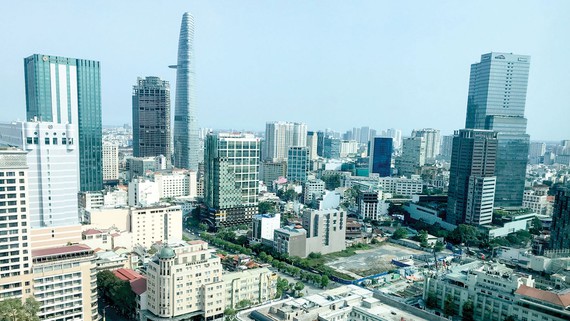
HCM CITY — The HCM City office market has started to feel the effects of the COVID-19 pandemic, with grade A buildings impacted more than grade B, experts have said.
CBRE said in its latest report, “The prolongation of COVID-19 has challenged the recovery of economies in the Asia-Pacific region as well as Việt Nam.
“Though the HCM City office market did not record significant impacts from COVID-19 in the first quarter of this year, it started to witness stronger reactions from tenants in the second quarter after their revenues plunged. With many going through a period of economic uncertainty, some were forced to return all or part of their office space.”
According to CBRE, while there was no new supply in the HCM City office market in the second quarter, new office area in 2019 and the first quarter of this year has not been fully absorbed by the market.
This was because many tenants have been planning to either continue in their current buildings or relocate to buildings with lower cost at the edge of the CBD or suburban areas.
Grade B was steady, especially buildings with rents of less than $30 per square metre.
The COVID-19 outbreak has changed the leasing tendency of occupiers, particularly after the social isolation period in March and April.
Companies opted for work-from-home to sustain operations and acknowledged that the productivity of employees was not affected when they worked out of non-office spaces.
So relocating offices to CBD borders is not as difficult as before. Some companies have also adopted a long-term work-from-home strategy of at least one day per week; others have relocated to buildings with cheaper rents.
JLL, concurring with the view, said a number of buildings saw negative net absorption in the second quarter as tenants facing financial difficulties returned spaces.
This happened for the first time in a decade, with the absorption being minus 3,619sq.m in the second quarter. This was mainly due to small and medium-sized enterprises, who were major tenants in the grade B market, scaling down and terminating contracts prematurely as a result of the pandemic.
Grade A, though more resilient and backed up by deep-pocketed companies, was also under pressure. This was proven by the low demand from expansion and new set-ups during the outbreak.
JLL predicted that this year the market would add more than 100,000sq.m of grade B office space, mainly outside the CBD, to take the total space in grades A and B to 1.5 million square metres.
Amid the global economic uncertainty due to the impacts of Covid-19, office tenants will take a hard hit, probably those in grades B and C first and then followed by those in Grade A if the virus is not soon contained globally.
Therefore, depending on the pandemic situation, buildings with increasing vacancies, especially in the lower grades, will likely reconsider their rents and leasing strategies.
CBRE said the construction of new office buildings in HCM City continued, and more than 70,000sq.m were expected to be completed by the end of this year.
Most of the addition would be concentrated in the east (Bình Thạnh District) and south (District 7).
The landlords of many/most/all of these buildings had already decreased asking rents by $1-3 per square metre compared to the last quarter of 2019.
CBRE said with countries in the neighbourhood struggling with the pandemic, demand for office space in HCM City from foreign companies had been impacted.
Rates were expected to shrink by 8 -10 per cent year-on-year and the vacancy rate would increase by 7-9 percentage points by the end of 2020 due to new supply and the influence of COVID-19, it said.
Phạm Ngọc Thiên Thanh, its associate director, said: “The changes in occupier leasing preferences are becoming more vivid. We expect that the market will see more relocation and contraction transactions this year. So, it requires landlords to have appropriate solutions for the short and long terms to catch up with occupier leasing preferences.
“Moreover, flexible workspace operators should be more prudent with their expansion plans at the moment, and should focus more on improving performance at their current centres by providing incentive packages and diversifying target tenants.” — VNS
